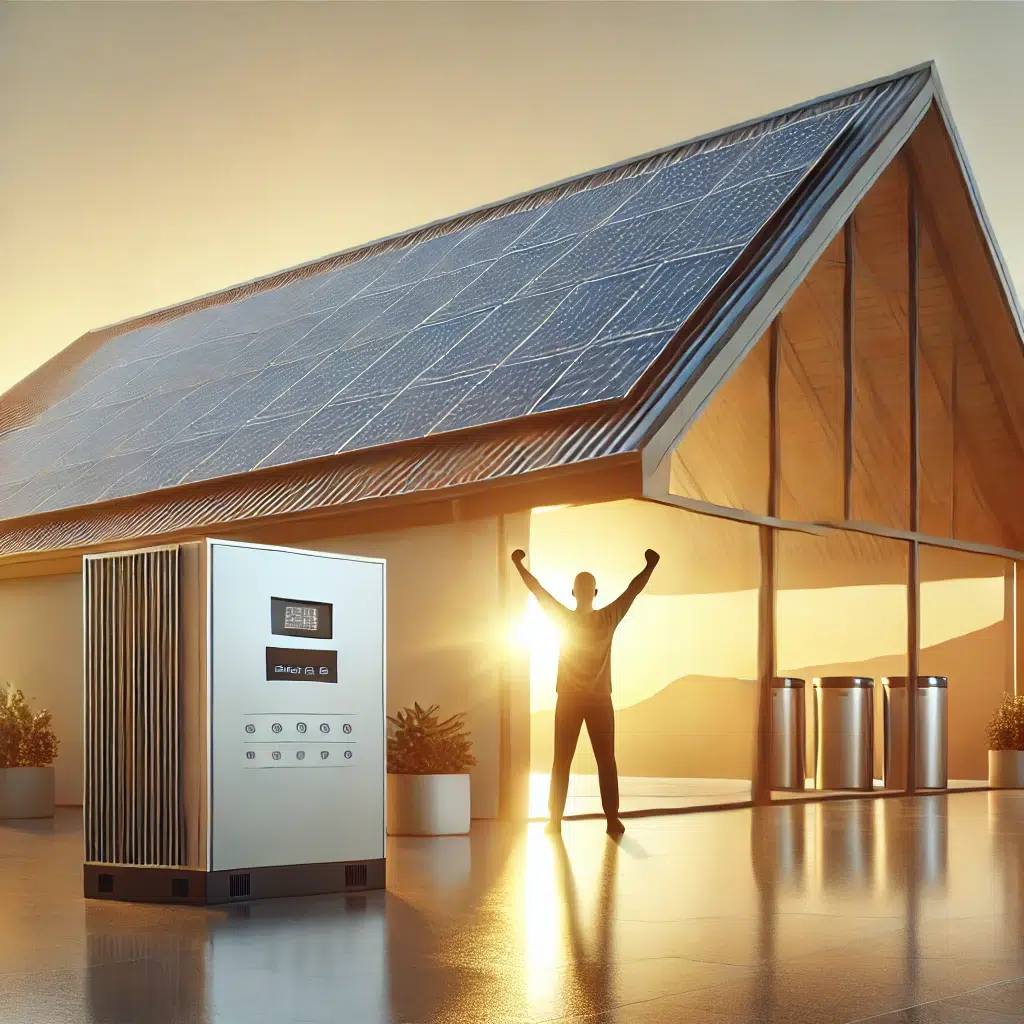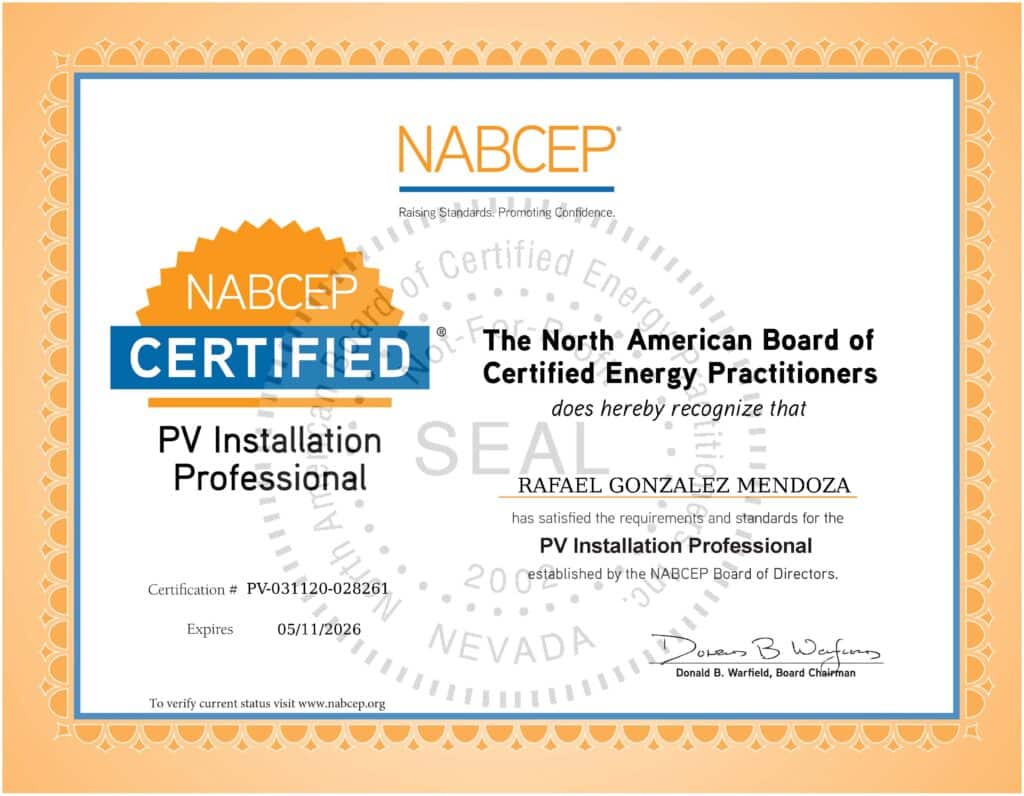It’s not uncommon to see people ponder the idea of installing solar panels only to shy away from the project due to prices. However, solar panels are more accessible now than ever for many reasons, some of which we’ll detail below. Simply put, considering the ROI (return on investment) of solar panels will give you the best glimpse into whether the project is right for your business. Now, let’s break down the top tips for evaluating the ROI of your commercial solar panels so that you can plan accurately.
Understand the Longevity
Saving money with solar energy is a long-term plan, not a quick fix for cutting power costs. If you want a system that will save you money over time, calculate your current annual electrical costs. Once you have that information, you can compare that number to the total solar system installation cost. However, there’s still a bit of math to do to calculate the ROI.
Compare Costs & Savings
So how do you calculate ROI with the information above in mind? The answer is surprisingly easy. Talk with your chosen solar panel installer to discuss how much electricity the system will deliver daily. Then, you can cross-reference the solar panel capabilities with your power usage and determine how much cost-effective power you’ll generate throughout the year. Luckily, commercial solar panels can lock in your electrical rate, so you can plan the ROI over many years.
Doing math isn’t always fun, but it can be incredibly fulfilling, in this case. Now, let’s discuss one of the most helpful tips for evaluating the ROI of your commercial solar panels: looking at tax incentives.
Look Into Solar Tax Incentives
Potential tax incentives are available at federal and state levels, so consider them when calculating your solar system’s ROI. For example, the federal solar ITC (investment tax credit) can help you cover the installation cost if you’re eligible, with rates ranging from 10 to 30 percent, depending on the project timeline. Learning which tax incentives are available will help you find the perfect way to install solar panels while expecting a comfortable ROI over the years. After all, having an educated, carefully assessed viewpoint is critical for business-owners when it comes to making decisions for tax incentives.
Remember, this information isn’t tax advice but rather an example of potential solar benefits so that you can explore this dense topic further. Plus, professional solar installers should have the skill and knowledge to help you build a system that meets your needs. For example, when our crew at Go Solar Power plans a commercial solar panel installation, discussing the savings plans is critical to building a suitable system for the business-owner.
Solar panels are surprisingly accommodating, from placement to power storage and beyond. The more details you discuss with your installer, the better the system will suit your daily workplace needs functionally and financially.









